Today I’m welcoming Corylus Books back to the blog, with a stop on their blog tour for Deceit, the first novel by Icelandic author Jónína Leósdóttir to appear in English translation.
Expat English psychologist Adam receives a call from his ex, police detective Soffia, asking to speak to him urgently. Adam is not happy about this, as he’s worried about catching Covid, but there’s no one else available for Soffia to turn to. She explains that the fresh fruit in a café has been found to be contaminated with needles. Other incidents of contamination emerge, and it turns out there’s a web of family ties connecting the targets.
Deceit is one of those books that grabs you from the beginning and just keeps on going. I was especially intrigued by the setup, which grows only more complex as the pages turn. Adam and Soffia are a pair of contrasting and engaging characters that really help to give this mystery a distinctive feel. It was a pleasure to spend time in their world.
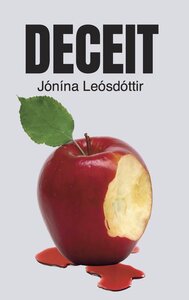
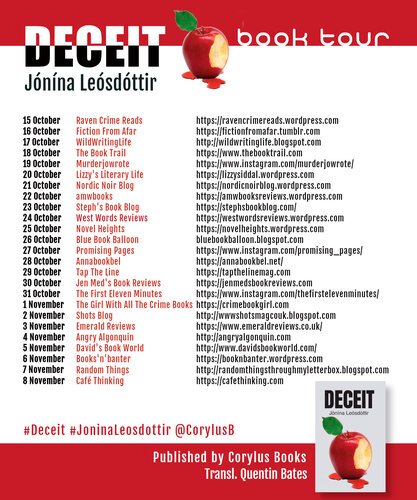
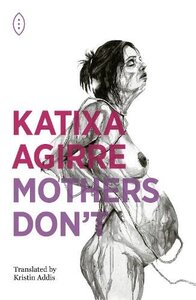
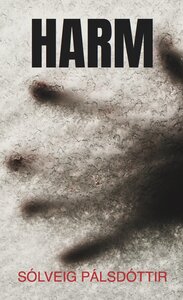
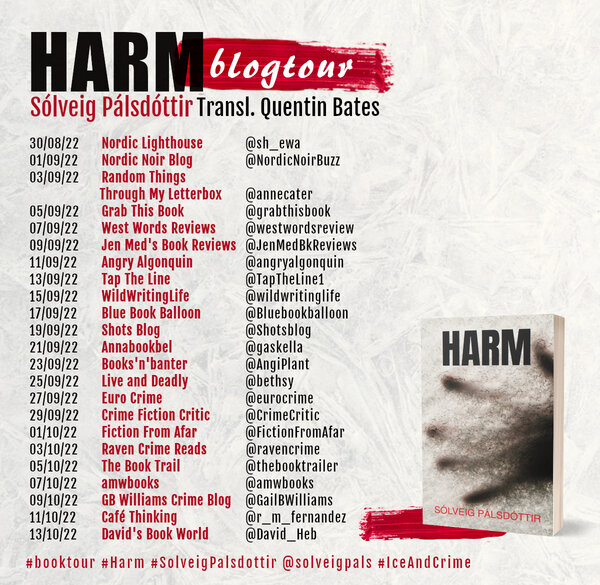
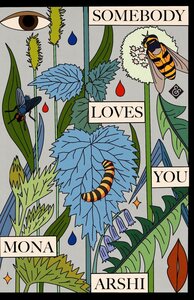
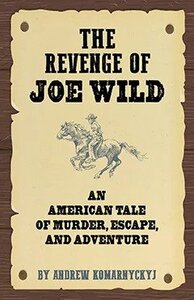
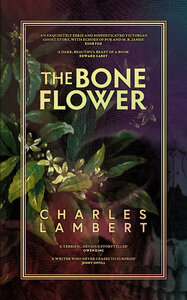

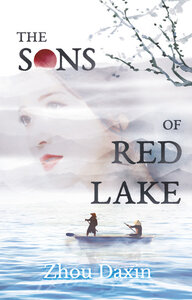
Recent Comments